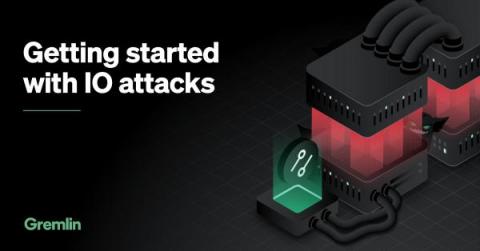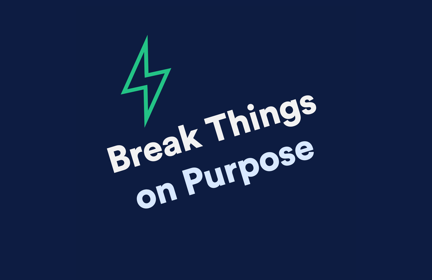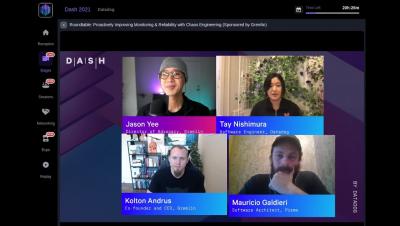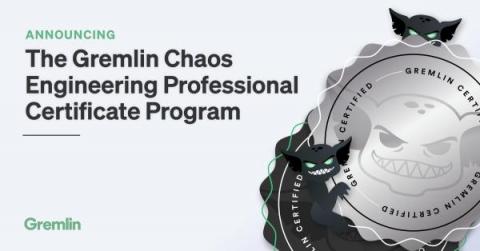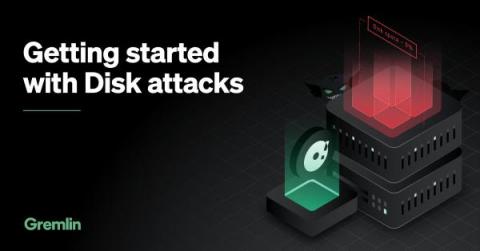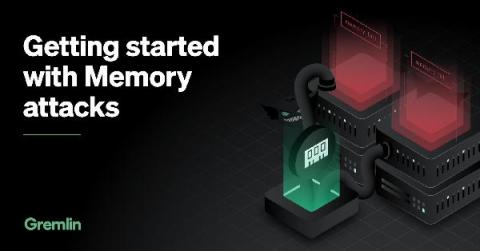Getting started with IO attacks
Storage devices remain one of the most significant bottlenecks in modern systems. CPU and RAM speed seems to increase exponentially year over year, and although there have been large improvements in IO performance with solid state (SSD) and NVMe drives, moving data to and from persistent storage is still orders of magnitude slower than moving it to and from memory. In scalable cloud applications, this slowness can have a major impact on performance, latency, and the user experience.


